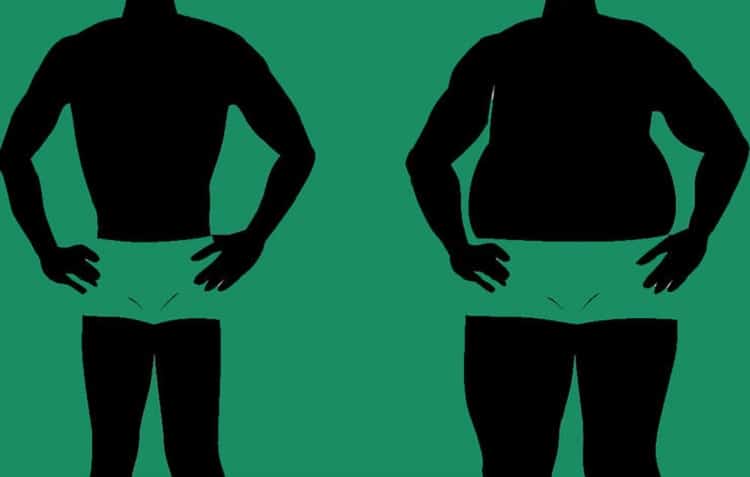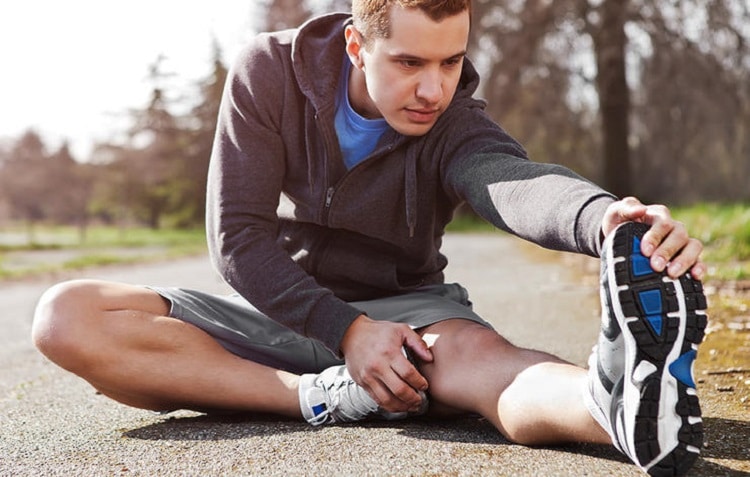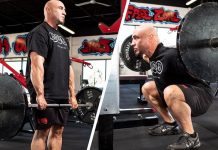It used to be that joint problems were something only older guys had to worry about.
But today orthopedic surgeons are seeing people in their 40s or younger for joint replacements. In fact, data from the National Center for Health Statistics finds the number of hip replacements has more than doubled in a 10-year span, skyrocketing by 205 percent in people ages 45 to 54.
Surgeons attribute the rise to people wanting to stay active as they age, says Calin Moucha, M.D., chief of adult reconstruction and joint replacement surgery at The Mount Sinai Hospital.
Today’s implants also last longer than they once did, so joint replacements are now an option at a younger age, since physicians aren’t as worried about having to replace them, he says.
But while the surgeries are effective, we’d all prefer to skip a trip to the hospital, right?
Here, the top mistakes we all make when it comes to our joints—and how to stay out of harm’s way.

YOU’RE ONLY A RUNNER
Many patients seeking joint replacement are in good cardiovascular health, but not necessarily good physical health, Dr. Moucha says.
If you only run, you might have imbalances when it comes to muscle strength and flexibility. And this, paired with repetitive trauma over time, could lead to arthritis, he notes, causing your joints to wear away.
“It’s important to cross-train,” says Dr. Moucha. Giving certain muscle groups (like the ones you use on long, slow jogs) a break once or twice a week while activating new muscles (like the ones you might use sprinting) can fend off injury, he notes.

YOU LET YOUR WEIGHT GO.
When you run, your knee joints carry 7 to 9 times your body weight, according to Dr. Moucha.
While your body can handle this—some research suggests that runners aren’t at an increased risk for issues like osteoarthritis—it’s important to keep the scale in check.
“From a biomechanical standpoint, increased weight is a lot of stress,” Dr. Moucha says.
In fact, research from the UK finds that overweight people are at a 40 percent or higher increased risk of a knee replacement down the line compared to those at normal weights.
The link was even stronger in younger people.

YOU SKIP STRETCHING.
The key to joint health?
Achieving a good balance between strength and flexibility, says Dr. Moucha.
“As you get older, you need to spend as much time, if not more time, stretching than strengthening.”
Why? Because the more candles on the birthday cake, the less flexible your muscles become, and flexible muscles help keep joints mobile.

YOU PUSH YOUR FLEXIBILITY TOO FAR.
Intense workouts like HIIT and mud runs aren’t the only way to injure your joints.
While exercises like yoga are great ways to boost flexibility and strength, anything extreme when it comes to range of motion—like reaching for that pose your body’s not quite ready for—can put you at risk for a joint injury, notes Dr. Moucha.
“When you create range of motion extremes, you can create bony spurs (projections along a bone’s edges) that may predispose you to arthritis,” he says.
Your best bet isn’t to skip yoga but rather to stick with the modifications that work for you, he says. And give yourself time before trying anything you might not be ready for.














